Slovenian minister: We have Partisans to thank for statehood
Slovenia has a WW2 communist militia, the Partisans, to thank for its statehood, Karel Erjavec says.
Sunday, 06.01.2008.
16:23

Slovenia has a WW2 communist militia, the Partisans, to thank for its statehood, Karel Erjavec says. Erjavec, the defense minister in the Janez Jansa cabinet, told a gathering in Osankarica that Slovenia today would not exist if there weren't for the Partisan resistance during the Second World War. Slovenian minister: We have Partisans to thank for statehood The Osankarica ceremonies yesterday were dedicated to the 65th anniversary of the last battle fought by the Partisan Pohorski Battalion on January 8, 1943, when 69 of the units' members died at the hands of the Nazi German troops. "Slovenian people need to be told what would have happened if there was no Partisan resistance," Erjavec said, and went on to explain that in his opinion, "there would be neither the Slovenian state nor Slovenians today if Slovenians weren't rebellious and persevering, and if they did not love their homeland." Slovenia, a part of the Yugoslav Kingdom with the onset of war in the Balkans in 1941, was occupied by Germans, Italians and Hungarians. A communist movement clashed with the occupying forces but also with a domestic militia backed by the Germans, known as the Home Guard. Erjavec told his audience yesterday that the Second World War Axis plan for Slovenia was "to make it once again German land, meaning that Germans would exterminate Slovenians, or forcibly remove them, so that the Stajerska province would no longer be Slovenian." He also said it was "unacceptable that even today, in 2008, there are attempts to rehabilitate some collaborators of the occupying forces, via military legislature, and even to give them the status of victims of war violence." "We have achieved the goals of independence, from EU membership to presidency over it, and that is the result of the Second World War sacrifices, as well as those preceding it, and of the war for Slovenia's independence," Erjavec said, apparently in reference to the brief conflict in the summer of 1991 between Slovenia's territorial defense and Yugoslav People's Army (JNA) troops stationed in the then Yugoslav republic.
Slovenian minister: We have Partisans to thank for statehood
The Osankarica ceremonies yesterday were dedicated to the 65th anniversary of the last battle fought by the Partisan Pohorski Battalion on January 8, 1943, when 69 of the units' members died at the hands of the Nazi German troops."Slovenian people need to be told what would have happened if there was no Partisan resistance," Erjavec said, and went on to explain that in his opinion, "there would be neither the Slovenian state nor Slovenians today if Slovenians weren't rebellious and persevering, and if they did not love their homeland."
Slovenia, a part of the Yugoslav Kingdom with the onset of war in the Balkans in 1941, was occupied by Germans, Italians and Hungarians. A communist movement clashed with the occupying forces but also with a domestic militia backed by the Germans, known as the Home Guard.
Erjavec told his audience yesterday that the Second World War Axis plan for Slovenia was "to make it once again German land, meaning that Germans would exterminate Slovenians, or forcibly remove them, so that the Štajerska province would no longer be Slovenian."
He also said it was "unacceptable that even today, in 2008, there are attempts to rehabilitate some collaborators of the occupying forces, via military legislature, and even to give them the status of victims of war violence."
"We have achieved the goals of independence, from EU membership to presidency over it, and that is the result of the Second World War sacrifices, as well as those preceding it, and of the war for Slovenia's independence," Erjavec said, apparently in reference to the brief conflict in the summer of 1991 between Slovenia's territorial defense and Yugoslav People's Army (JNA) troops stationed in the then Yugoslav republic.












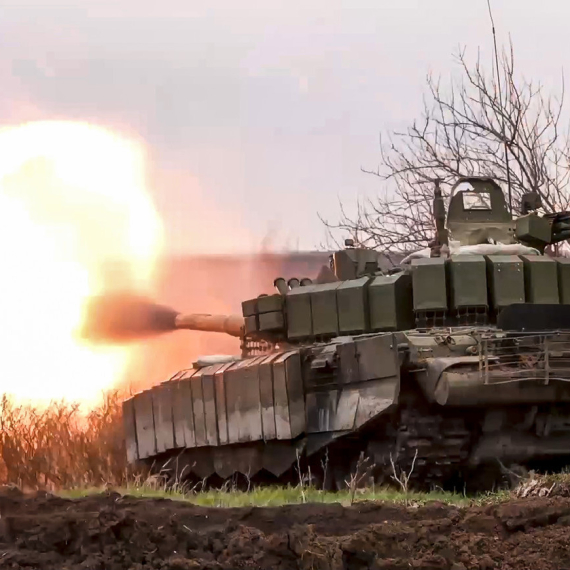
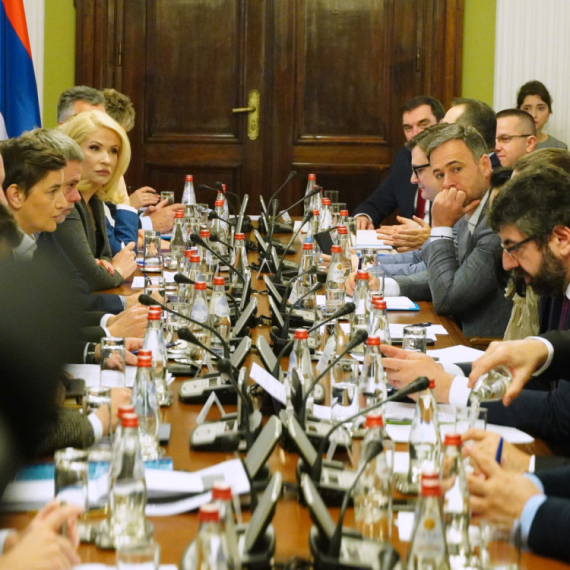

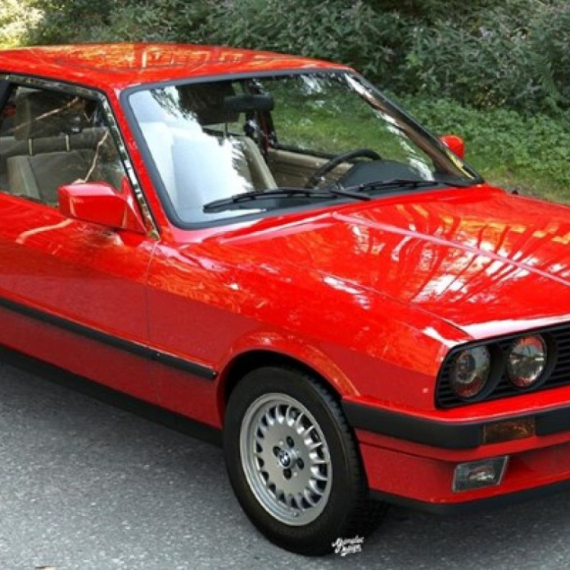






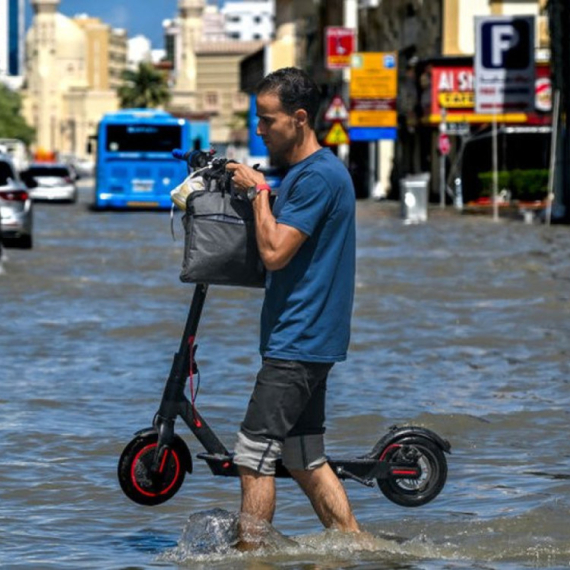
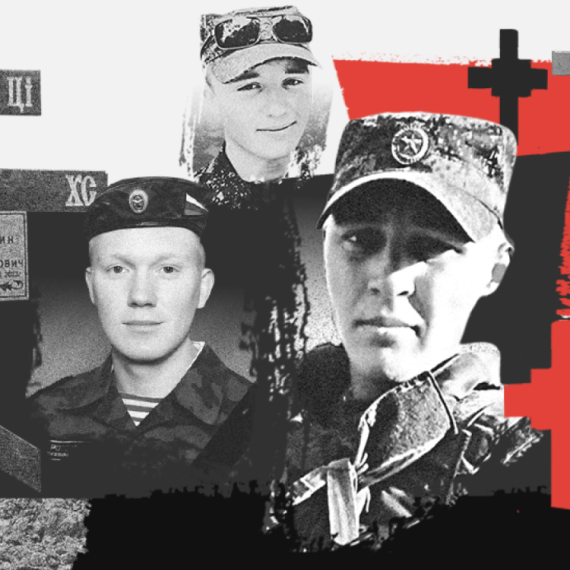
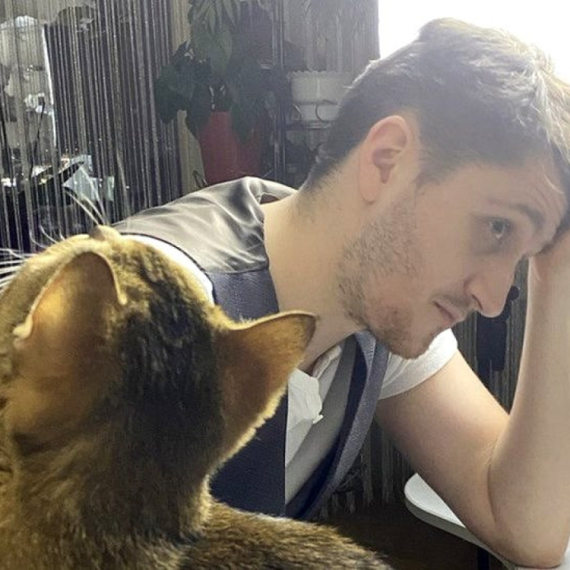

Komentari 1
Pogledaj komentare